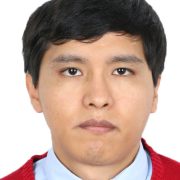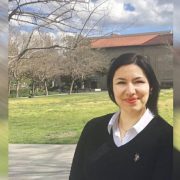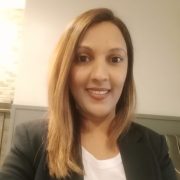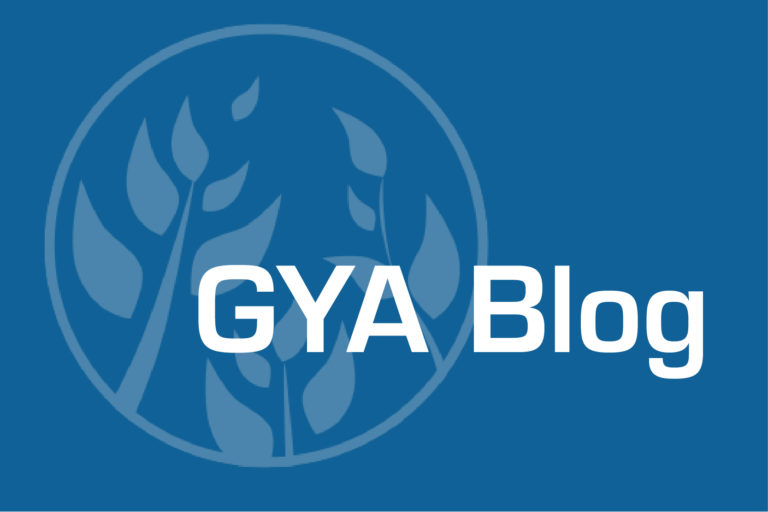Effective communication is essential for translating complex scientific concepts into accessible knowledge. Recognizing this, the Science and Education for Youth and the Women in Science working groups (WGs) hosted a two-day online symposium entitled “Communication Skills and Science Communication symposium” in November 2024. The event provided young participants with a platform to enhance their skills and enrich their professional portfolios in the topic of communication.
Feedback from this symposium highlights the effectiveness of such events, as well as their impact. The symposium garnered significant participation and engagement from attendees with more than 60 young researchers (mostly Master’s and PhD students), showcasing the critical need of these fields in professional and academic contexts. This GYA event provided a platform to discuss various aspects of communication sciences and their applications, fostering an environment conducive to learning and collaboration as illustrated in the agenda overview.
The event was also a good opportunity to highlight the GYA’s SCISO Project, which addressed the basics of science communication by addressing the gap between science and society, as well as challenges faced by young scientists, who have been confronted with doubts about the credibility of their work or science denial.
Agenda Overview
The symposium included presentations from the following GYA speakers:
– Alumna Lisa Herzog (University of Groningen, the Netherlands), who spoke on “Science Communication Skills”
– Executive Committee member Siok Yee Chan (Universiti Sains Malaysia). who spoke on “Crafting an Impactful CV: Essential Skills for Career Success”
– Member Pooja Devi (CSIR-CSIO, India). who spoke on “From Lab to Layperson: Do’s and Don’ts in Sharing Scientific Knowledge”
– Alumnus Robert Lepenies (Karlshochschule International University, Germany). who spoke on “Science Communication Principles”
– Alumna Isil Kurnaz (Gebze Technical University, Turkey). who spoke on “Bridging the Gap: Hands-On Skills”
– Member Luisa Maria Diele-Viegas (University of Mississippi, USA). who spoke on “Digital Science Communication in the Online World & Art Direction”
– Alumna and past Co-Chair Anindita Bhadra (Indian Institute of Science Education and Research, Kolkata). who spoke on “Design Disasters: How Not to Make a Scientific Poster”.
The event structure included opening remarks, 20-minute expert talks, and interactive Q&A sessions, moderated by GYA members Reem Abou Assi (al-Kitab University, Iraq) and Antonia Morita Iswari Saktiawati (Universitas Gadjah Mada, Indonesia).
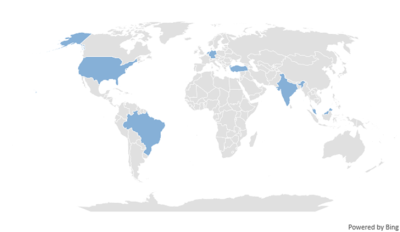
Figure 1: Global location of the speakers and moderators of the GYA Online Symposium including Netherlands, Malaysia, India, Germany, Brazil, Turkey, and United States.
Key Findings from the Audience
The symposium received highly positive feedback from participants, with over 85% indicating familiarity with the term “Communication Sciences.” A significant majority (92.9%) recognized the importance of both Communication Skills and Science Communication. Furthermore, 48.2% strongly agreed, and 30.6% agreed that the event effectively introduced them to these essential concepts. An overwhelming 95.3% of attendees felt inspired to actively participate and share their perspectives during the discussions. As a testament to the event’s impact and inclusivity, all participants, speakers, and team members involved in organizing the symposium were honored with certificates in recognition of their valuable contributions. This recognition not only acknowledged individual contributions but also highlighted the collective effort that drove the success of the event.
Symposium Effectiveness
The symposium offered participants extensive opportunities to engage with speakers and fellow attendees, fostering a dynamic exchange of ideas and experiences. Figure 2 shows the most commonly acquired precise skills. Expert speakers provided invaluable guidance on enhancing communication skills with a scientific focus, emphasizing their importance for career advancement and professional growth. The talks were comprehensive, effectively covering all relevant topics while introducing new perspectives and practical strategies to improve science communication. Participants also benefited from skill development sessions, gaining knowledge in various areas. One standout moment was the demonstration of using AI tools to craft CVs, which left attendees impressed by the potential of integrating technology into professional practices.
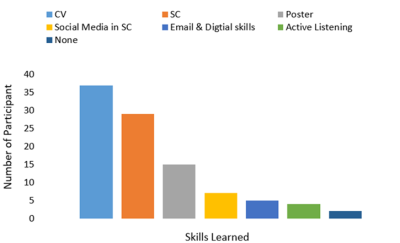
Figure 2: The specific skills learned by the audience during the GYA’s online symposium.
The event also focused on career and personal growth, providing tools and strategies for leveraging communication to advance professionally and elevate the reach of the attendees’ scientific endeavors. Participants highlighted the importance of direct and clear communication, reflecting on potential challenges like misunderstandings and the need for thoughtful approaches. Additionally, the symposium fostered collaboration and networking, reinforcing their pivotal role in enhancing scientific outreach efforts. This holistic approach ensured that attendees gained actionable insights, practical skills, and a deeper understanding of communication’s power in science and beyond.
Future Recommendation
To enhance future symposia, several recommendations can be developed to maximize participant engagement and optimize learning outcomes. For example, it is recommended to increase interactivity through breakout sessions, workshops, and extended Q&A segments to offer participants valuable hands-on experience while addressing specific queries. Additionally, incorporating multilingual support, such as adding subtitles in languages other than English or hosting sessions in other languages, was highlighted as a key consideration by the audience, as shown in Figure 3. This approach would make the symposium more inclusive and accessible to a diverse range of participants.
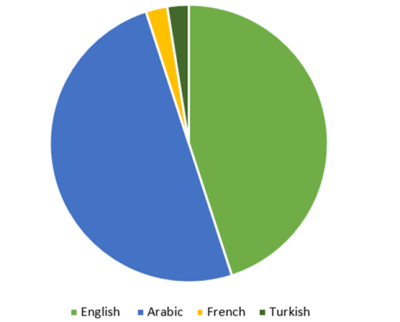
Figure 3: The United Nations languages suggested by the audience for future events.
Organizing Committee
Over the course of more than two months of dedicated effort, the team behind this online symposium worked tirelessly to provide high-quality insights and skills from leading speakers around the globe. As depicted in Figure 4, the organizing committee was multidisciplinary, bringing together members from diverse academic disciplines and geographical regions. The event was meticulously designed and led by the Science and Education for Youth WG, in collaboration with the Women in Science WG, showcasing a unified commitment to fostering impactful dialogue and knowledge-sharing.
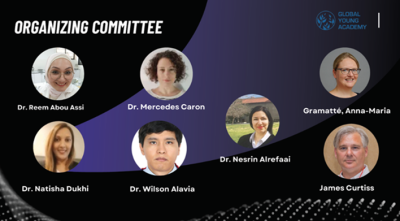
Figure 4: The organizing committee of the GYA Online Symposium for Communication skills
Conclusion
The GYA online symposium emerged as a resounding success, demonstrating its effectiveness in enhancing participants’ communication skills and deepening their understanding of science communication. Over months of dedicated planning and collaboration by a transdisciplinary team, the event provided a dynamic platform for knowledge exchange, skill development, and professional growth.
The interactive format, coupled with expert-led sessions and practical demonstrations, such as the use of AI tools for crafting CVs, offered attendees actionable insights and strategies to excel in communication sciences. Incorporating diverse perspectives from speakers with global expertise and fostering collaboration among participants further amplified the event’s impact.
Recommendations from the audience, including incorporating multilingual support and addressing potential communication barriers, underscored the importance of inclusivity and accessibility in such initiatives. Additionally, the symposium’s recognition of all participants, speakers, and organizers through certificates highlighted the collaborative spirit and collective contribution to its success.
By providing tools for leveraging communication in professional and scientific contexts, the symposium not only met its objectives but also set a benchmark for similar future events. The outcomes—ranging from enhanced interactivity and practical learning to fostering a global network—underline its pivotal role in advancing science communication and empowering attendees to make meaningful contributions to their fields.

